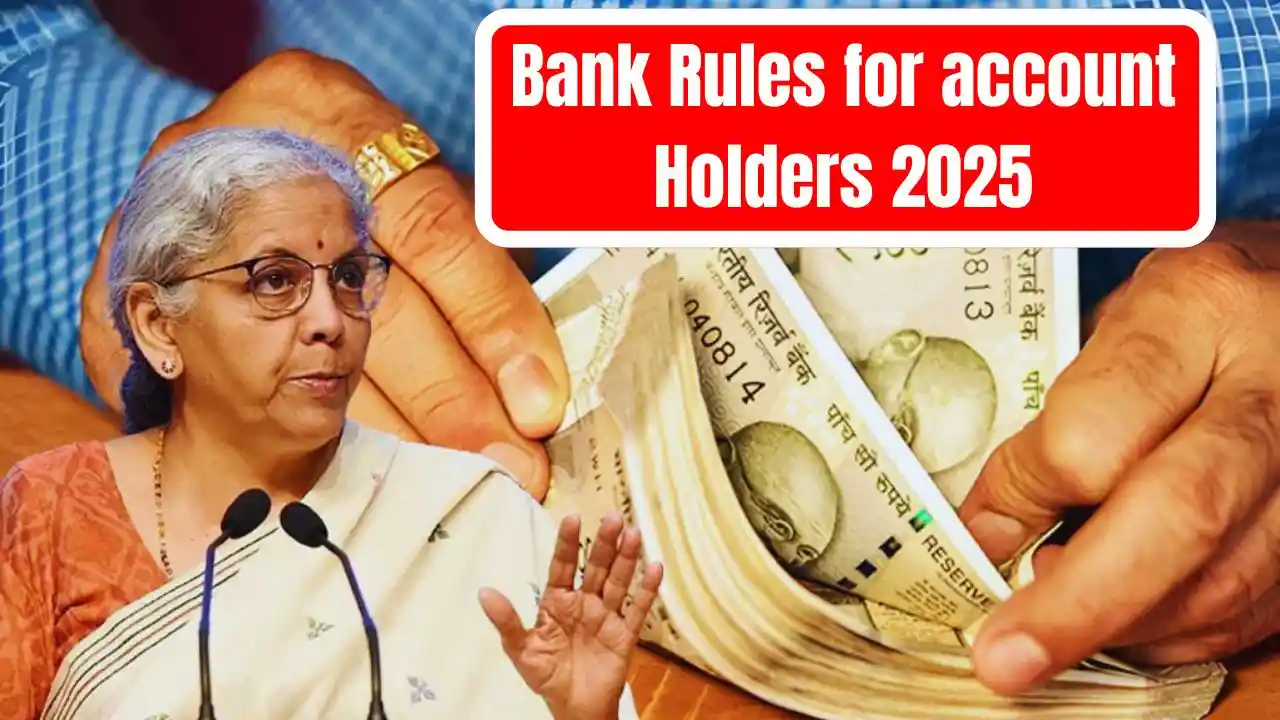Alrighty, be all to God. Have you even thought of how much you should be able to deposit in your savings bank account during a business year? There will be this tax law provision, the very law under which you may be put on notice by the tax department for depositing beyond the prescribed limit during a business year. The limit is up to Rs 10 lakh. Tax may be applicable on deposits in a savings account that exceeds Rs 10 lakhs from the period of April 1 to March 31 in a business year.
If someone deposits great more than Rs 10 lakh, it is compulsory to inform the Income Tax Department regarding such a deposit. This upper limit applies not to just one account that you have with a bank but to all of your savings accounts. Banks will take care of all the reporting of such transactions internally.
What will happen on deposits of more than Rs 10 lakh?
Deposits above Rs 10 lakh are classified as high-value transactions. In such cases, banks or financial institutions inform the Income Tax Department as required under the tax law for such deposits. A PAN must also be given for deposits aggregating to INR 50,000 within a day. If someone does not have a PAN, then they have to submit Form 60/61.
What will happen to the interest received on the deposit?
Let us also inform you that if you earn an interest of more than Rs 10,000 on bank deposits within the business year, then tax is levied on that on the basis of the fixed slab. The interest received from bank deposits in any particular business year is less than Rs 10000, then the taxpayer can claim exemption tax under Section 80TTA of the Income Tax Act. The limit of Rs 50,000 is for senior citizens under Section 80TTB against the interest earned. To calculate this, you must take the total interest earned from deposits in all the bank accounts.
What to do if you get such a notice from the tax department?
You will first have to prove your innocence with the evidence because this notice of high-value transaction comes from the Income Tax Department. To present such evidence, you will need bank statements, investment documents, and inheritance documentation as well. It will be better for you to consult with an authorized tax advisor about this.
As far as transactions in cash are concerned, under section 269ST, no person can transact more than Rs 2 lakh with anyone at one time in a day.



